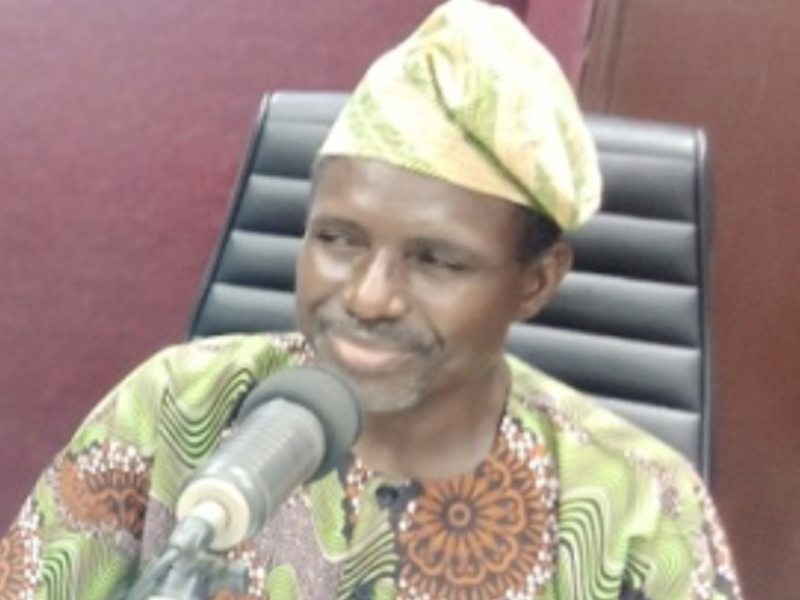A pan-Yoruba socio-cultural and political organisation, Afenifere, has commended all those who worked to remove the stalemate that characterised the efforts at passing the four tax bills proposed by the federal government into law.
The Bills are Nigerian Tax Bill, Nigerian Tax Administration Bill, Nigerian Revenue Service (Establishment) Bill and Joint Revenue Board (Establishment) Bill.
National Publicity Secretary of the group, Jare Ajayi, in a statement, said Afenifere applauded the federal government for initiating the tax reform bills because of the inherent benefits.
“The way the matter was resolved has a lot for us to learn from. First is for our leaders to be visionary in taking initiatives that are people-oriented as demonstrated by President Tinubu on the tax bills.
“Second is the need by the society to express their feelings on issues of public concern. Third is the need by the leaders to be sensitive to concerns raised by members of the public.
“Fourth is the need to subject issues to consultations with open minds and submit to a superior idea that would be in the best interest of the majority as demonstrated by the parties involved in the Tax Bills controversy.”
Afenifere noted that all the above played out in the resolution of the tax bill brouhaha.
“With the consensus so achieved, it is expected that the bills will be passed soonest with the result that Nigerians, especially those on the lower rung as well as businesses, will derive immense benefits from the implementation of the bills as soon as they become Acts,” it added.
Meanwhile, the Kano State Government has convened a two-day Expert Dialogue focusing on crafting solutions tailored towards the state’s unique economic landscape.
The event, which started yesterday through today, at Northwest University, Kano, gathered specialists from the academia, the business community, and legal practitioners to dissect the controversial reforms and their potential impacts on states.
Speaking at the opening session, the Deputy Governor of the State, Comrade Aminu Gwarzo, highlighted the need for state-focused approaches to the proposed reforms.
According to him, while the bill aimed to streamline taxation at the national level, some provisions, have not favoured states with less industrial activity compared to economic powerhouses like Lagos, Kano and Port Harcourt.
“As a commercial hub, Kano has specific economic priorities that must be protected. This dialogue is vital to ensuring that our state’s interests are well-articulated and represented in national discussions,” he said.
The deputy governor emphasised that recommendations from the dialogue would provide valuable insights for Governor Abba Kabir Yusuf to present at the Nigeria Governors’ Forum (NGF) and, subsequently, the National Assembly.
Speaking earlier, Chairman of the Technical Committee on the Tax Reform Bill Dialogue, Prof. Kabiru Isa Dandago, stressed importance of leveraging local expertise to identify gaps in the proposed reforms.
“This platform should focus on ensuring Kano’s economic stability while addressing lapses in the bill that may have been overlooked by the NGF,” he said.
Northwest University Vice-Chancellor, Prof. Mukhtar Atiku Kurawa praised the state’s initiative in prioritising dialogue.
“Kano’s status as a center of commerce makes it imperative to develop taxation strategies that align with both state and national development goals. We are committed to supporting such endeavors,” he said.




